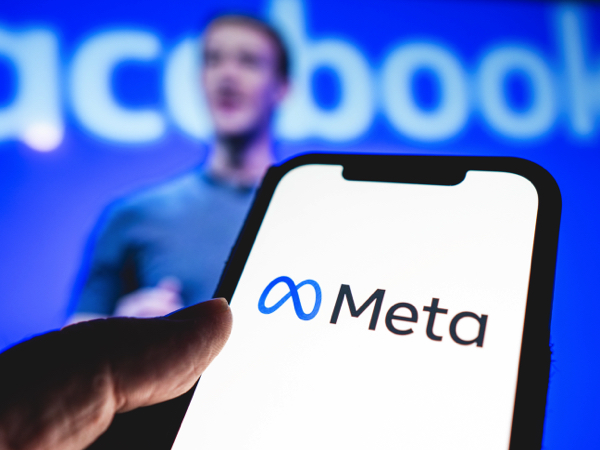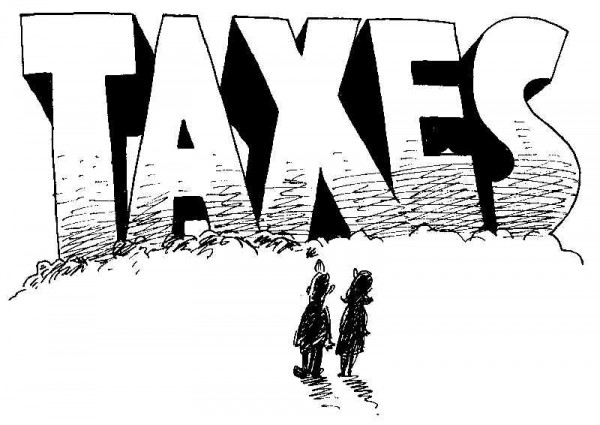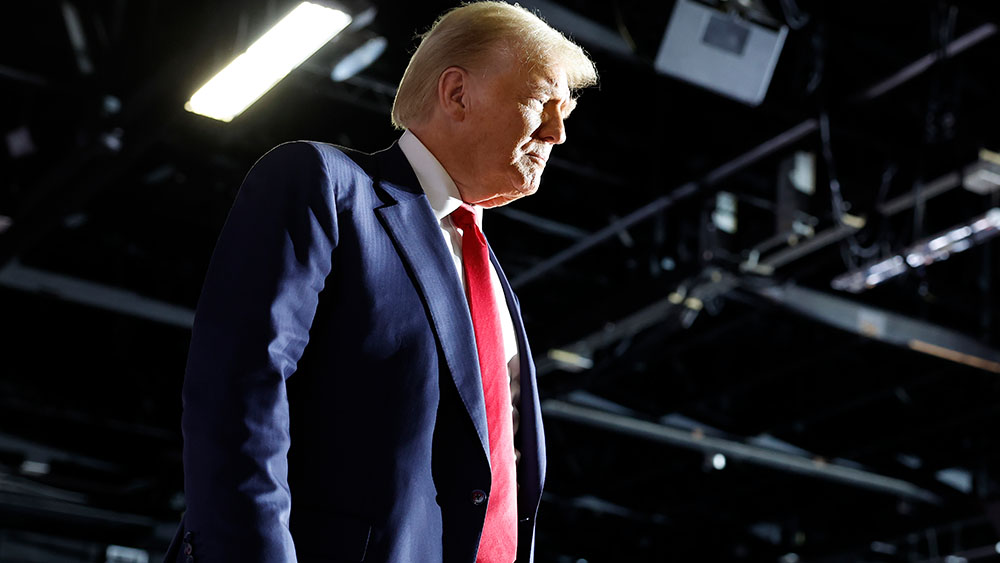“Project Aldrin”: Senate probes Meta’s alleged censorship dealings with China
04/03/2025 / By Willow Tohi

- A bipartisan U.S. Senate subcommittee is probing Meta over allegations it explored developing censorship tools for China’s Communist Party (CCP) in exchange for market access, demanding internal records dating back to 2014.
- A former Meta executive’s book claims the company devised a secret three-year plan to enter China’s market by creating CCP-aligned censorship tools, similar to China’s “Great Firewall.” Meta denies the claims, calling the source unreliable.
- The investigation highlights a pattern of U.S. tech firms (e.g., Google, Apple, Microsoft) compromising on free speech to operate in China, raising ethical and human rights concerns.
- The probe revisits Meta’s abandoned undersea cable project to Hong Kong, which U.S. officials feared could give China control over global data flows, echoing broader geopolitical tensions.
- The case could set precedents for regulating Big Tech’s dealings with authoritarian regimes, testing corporate accountability and sparking debates over U.S. laws like the Global Magnitsky Act and Section 230.
A high-stakes U.S. Senate investigation is now underway, scrutinizing Meta Platforms (NASDAQ: META) over explosive allegations that the social media titan explored developing censorship tools for the Chinese Communist Party (CCP) in exchange for market access. The probe, spearheaded by the Senate Permanent Subcommittee on Investigations, demands a sweeping trove of internal Meta records — including communications with Chinese officials dating back to 2014 — raising urgent concerns about corporate compliance with authoritarian regimes.
The “Project Aldrin” controversy: A deep dive
The investigation was triggered by revelations in Careless People, a newly released book by former Facebook executive Sarah Wynn-Williams. According to the book, Meta (then Facebook) devised a clandestine “three-year plan” codenamed Project Aldrin, aimed at penetrating China’s heavily restricted internet market. The alleged strategy involved developing tailored censorship features to align with CCP demands, including content suppression tools resembling those employed in China’s infamous “Great Firewall.”
In a bipartisan letter to Meta CEO Mark Zuckerberg, Senators Ron Johnson (R-WI), Richard Blumenthal (D-CT) and Josh Hawley (R-MO) demanded full transparency, stating:
“Accounts are corroborated by internal records documenting these efforts reviewed by the Subcommittee.”
Meta has categorically denied the allegations, dismissing Wynn-Williams as a disgruntled former employee. A company spokesperson told Reuters:
“This is all pushed by an employee terminated eight years ago for poor performance. We do not operate our services in China today. It is no secret we were once interested in doing so as part of Facebook’s effort to connect the world. We ultimately opted not to go through with the ideas we’d explored, which Mark Zuckerberg announced in 2019.”
However, Senator Blumenthal remains skeptical, warning:
“Chilling whistleblower documents reviewed by the Subcommittee paint a damning portrait of a company that would censor, conceal and deceive to obtain access to the Chinese market.”
A pattern of tech firms bending to Beijing
Meta is not the first U.S. tech giant to face scrutiny over concessions to China. Google infamously developed Project Dragonfly, a censored search engine prototype, before abandoning it amid public outcry. Microsoft’s LinkedIn continues to comply with CCP censorship demands, while Apple stores Chinese user data on state-controlled servers.
Meta’s alleged Project Aldrin appears to follow a familiar pattern — prioritizing market expansion over human rights principles. The Senate’s demand for records on apps like Colorful Balloons (a photo-sharing app Meta quietly launched in China in 2017) suggests a deeper entanglement than previously disclosed.
Undersea cables and data control: A national security concern
The investigation also revisits Meta’s abandoned plan to construct an undersea cable between California and Hong Kong — a project scrapped in 2020 after U.S. national security officials raised alarms. Such infrastructure could have granted Beijing leverage over global data flows, echoing concerns surrounding Huawei’s controversial telecom expansion.
Why this investigation matters now
With U.S.-China tech tensions at an all-time high — from TikTok bans to semiconductor wars — this probe underscores a critical question: Should American tech firms compromise on free speech to access lucrative foreign markets? Meta’s case could set a precedent for how Congress regulates Big Tech’s foreign dealings, particularly in adversarial nations.
The April 21 document deadline looms large. If Meta withholds records, a subpoena could follow—escalating a battle that tests the limits of corporate accountability in the digital age.
Broader implications for tech and geopolitics
Beyond Meta, this investigation highlights a growing dilemma for Silicon Valley: How far should companies go to operate in authoritarian markets? China’s digital ecosystem is one of the world’s largest, but gaining entry often requires kowtowing to state censorship and surveillance demands.
Experts warn that such compromises could undermine U.S. values while strengthening Beijing’s influence over global tech standards. If Meta indeed explored censorship tools for China, it would mark a stark departure from its stated mission of “bringing the world closer together.”
The legal and ethical tightrope
Legal scholars argue that while corporations must navigate foreign regulations, actively aiding censorship raises ethical red flags. The Global Magnitsky Act and other U.S. laws impose sanctions on entities complicit in human rights abuses—potentially exposing Meta to legal risks if evidence confirms its collaboration with CCP censors.
Moreover, the investigation could reignite debates over Section 230 reform, with lawmakers questioning whether tech firms that comply with foreign censorship should retain liability protections in the United States.
What’s next for Meta and Big Tech?
As the Senate probe unfolds, Meta faces mounting pressure to disclose all relevant communications—including discussions with Chinese officials and internal debates on censorship tools. If damning evidence surfaces, shareholder lawsuits, regulatory penalties and reputational damage could follow.
Meanwhile, other tech giants will be watching closely. Google, Apple and Microsoft have all faced similar scrutiny, and this case may force a broader reckoning over how U.S. tech firms engage with authoritarian regimes.
A defining moment for corporate accountability
In an era where data is power, the line between business strategy and geopolitical compliance has never been blurrier—or more dangerous. The Project Aldrin investigation could become a watershed moment, shaping how Congress, regulators and the public view Big Tech’s role in global censorship.
As Senator Hawley bluntly stated: “If Meta sold out free speech for market access, the American people deserve to know—and Congress must act.”
The stakes couldn’t be higher.
Sources include:
Submit a correction >>
Tagged Under:
big government, Big Tech, Censorship, China, conspiracy, corruption, deception, Glitch, Globalism, Government Slaves, mark zuckerberg, meta, national security, progress, Project Aldrin, real investigations, tech giants, technocrats, traitors, treason, Tyranny
This article may contain statements that reflect the opinion of the author
RECENT NEWS & ARTICLES
COPYRIGHT © 2017 GOVTSLAVES.COM
All content posted on this site is protected under Free Speech. GovtSlaves.com is not responsible for content written by contributing authors. The information on this site is provided for educational and entertainment purposes only. It is not intended as a substitute for professional advice of any kind. GovtSlaves.com assumes no responsibility for the use or misuse of this material. All trademarks, registered trademarks and service marks mentioned on this site are the property of their respective owners.




















